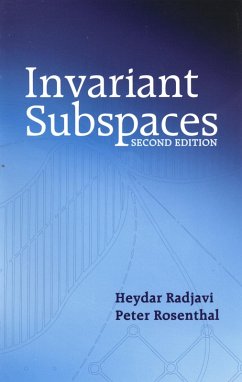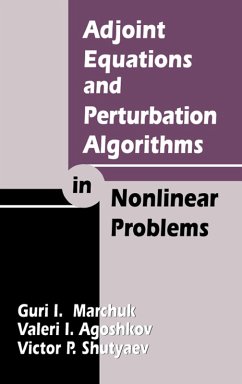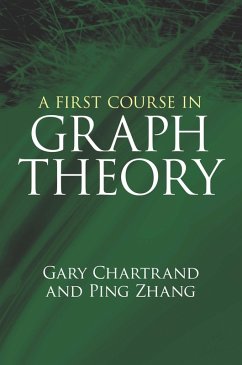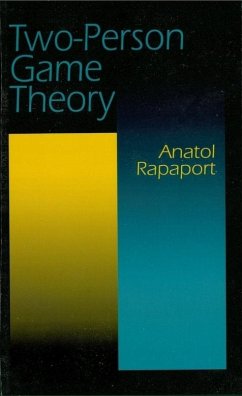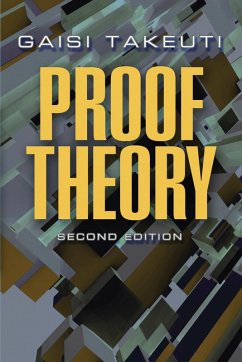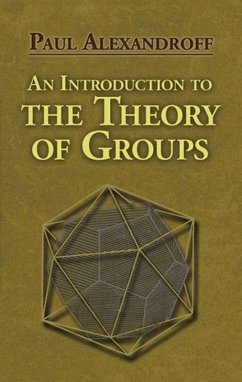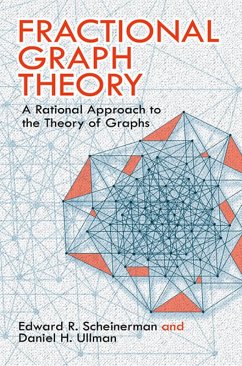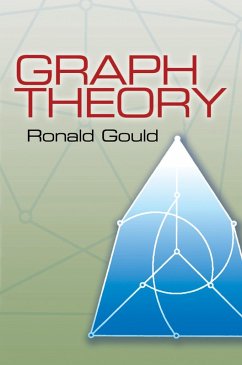
First Look at Perturbation Theory (eBook, ePUB)

PAYBACK Punkte
5 °P sammeln!
First Look at Perturbation Theory (eBook, ePUB)
Dieser Download kann aus rechtlichen Gründen nur mit Rechnungsadresse in A, B, BG, CY, CZ, D, DK, EW, E, FIN, F, GR, HR, H, IRL, I, LT, L, LR, M, NL, PL, P, R, S, SLO, SK ausgeliefert werden.




